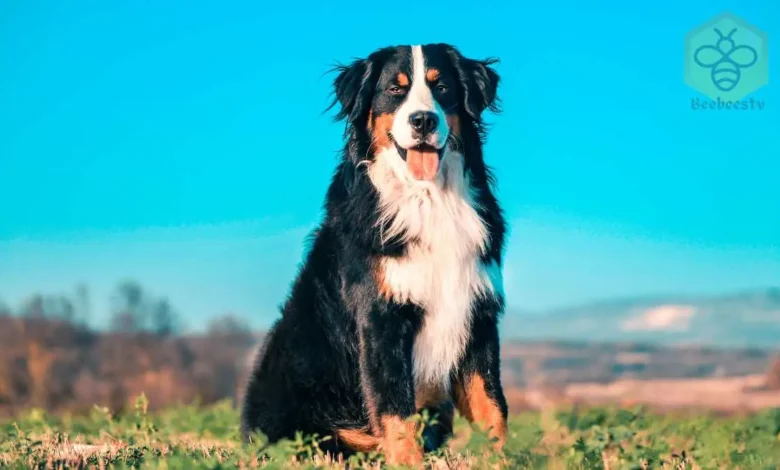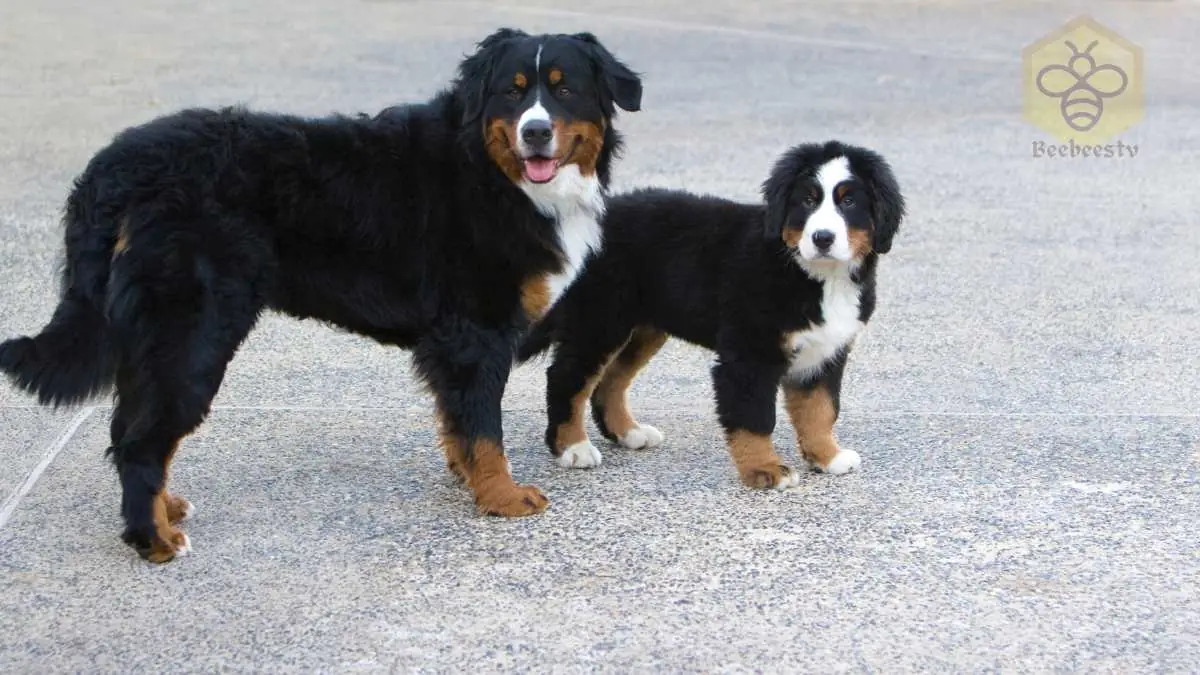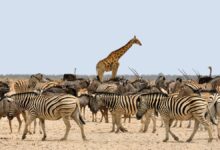Bernese Mountain Dog: The Gentle Giant of the Swiss Alps

Bernese Mountain Dog: The Gentle Giant of the Swiss Alps
Bernese Mountain Dog
Introduction
The Bernese Mountain Dog is a large, affectionate, hardworking breed known for its tri-colored coat, intelligence, and gentle temperament. Originating from Switzerland, these dogs were historically used for herding cattle, pulling carts, and guarding farms.
With their loyal nature and friendly personality, Bernese Mountain Dogs make wonderful family pets, though they require regular exercise, grooming, and space to roam.
Scientific Overview
Scientific Name
Canis lupus familiaris
Common Name
Bernese Mountain Dog
Scientific Classification
| Kingdom | Animalia |
| Phylum | Chordata |
| Class | Mammalia |
| Order | Carnivora |
| Family | Canidae |
| Genus | Canis |
| Species | Canis lupus |
| Subspecies | C. l. familiaris |
Types of Bernese Mountain Dogs
There is only one recognized type of Bernese Mountain Dog, but they belong to the Sennenhund group, which includes:
- Bernese Mountain Dog (Berner Sennenhund)
- Greater Swiss Mountain Dog
- Appenzeller Sennenhund
- Entlebucher Mountain Dog
Habitat and Distribution
Bernese Mountain Dogs originated in the Swiss Alps, specifically in the canton of Bern, where they were bred for farm work in mountainous regions.
Today, they are found worldwide as companion animals, particularly in:
- Switzerland
- United States
- Canada
- Germany
- United Kingdom
Physical Characteristics
Size and Weight
- Height: 23 to 27.5 inches (58 to 70 cm)
- Weight: 70 to 115 pounds (32 to 52 kg)
Appearance
- Thick, tri-colored coat – Black, white, and rust markings.
- Strong, muscular body – Built for endurance and hard work.
- Large, expressive eyes – Warm and friendly expression.
- Bushy tail – Long and slightly curved.
Diet and Feeding Habits
Bernese Mountain Dogs need a nutrient-rich, high-protein diet, including:
- Lean meats – Chicken, beef, fish.
- Healthy grains – Brown rice, oats.
- Vegetables and fruits – Carrots, blueberries.
- Healthy fats – Fish oil for coat health.
Avoid: Excessive treats, processed foods, and toxic foods like chocolate, onions, and grapes.
Predators and Threats
As domesticated dogs, Bernese Mountain Dogs do not have natural predators, but they face threats like:
- Hip and elbow dysplasia – Common in large breeds.
- Cancer – One of the leading causes of death in Bernese Mountain Dogs.
- Obesity – This can lead to joint problems and heart disease.

Reproduction and Lifespan
- Litter size: 4 to 8 puppies per litter.
- Gestation period: About 63 days.
- Lifespan: 6 to 8 years, shorter than many breeds due to genetic health issues.
Population and Conservation Status
The Bernese Mountain Dog is not endangered, but responsible breeding practices are needed to maintain their health and genetic diversity.
Behavior and Lifestyle
- Loyal and affectionate: They form strong bonds with their families.
- Playful and energetic: They require regular exercise and mental stimulation.
- Protective but gentle: They are not aggressive but will alert owners to strangers.
- Good with children and other pets: They are calm and patient.
Ecological Role
While Bernese Mountain Dogs do not have a direct ecological role, they have historically been valuable in Swiss farming communities for herding and pulling carts.
FAQs About Bernese Mountain Dogs
- Are Bernese Mountain Dogs good family pets?
Yes, they are affectionate, gentle, and good with children.
- Do Bernese Mountain Dogs shed a lot?
Yes, they have a thick double coat and shed heavily, especially in spring and fall.
- Are Bernese Mountain Dogs easy to train?
Yes, they are intelligent and eager to please, but require consistent training.
- Do Bernese Mountain Dogs need a lot of exercise?
Yes, they require daily walks, playtime, and space to roam.
- Why do Bernese Mountain Dogs have a short lifespan?
They are prone to genetic health conditions, including cancer and joint issues.
Conclusion
The Bernese Mountain Dog is a loyal, hardworking, and affectionate breed that thrives in active families. While they require regular grooming, training, and healthcare, their loving nature and gentle personality make them excellent companions.


